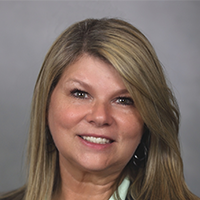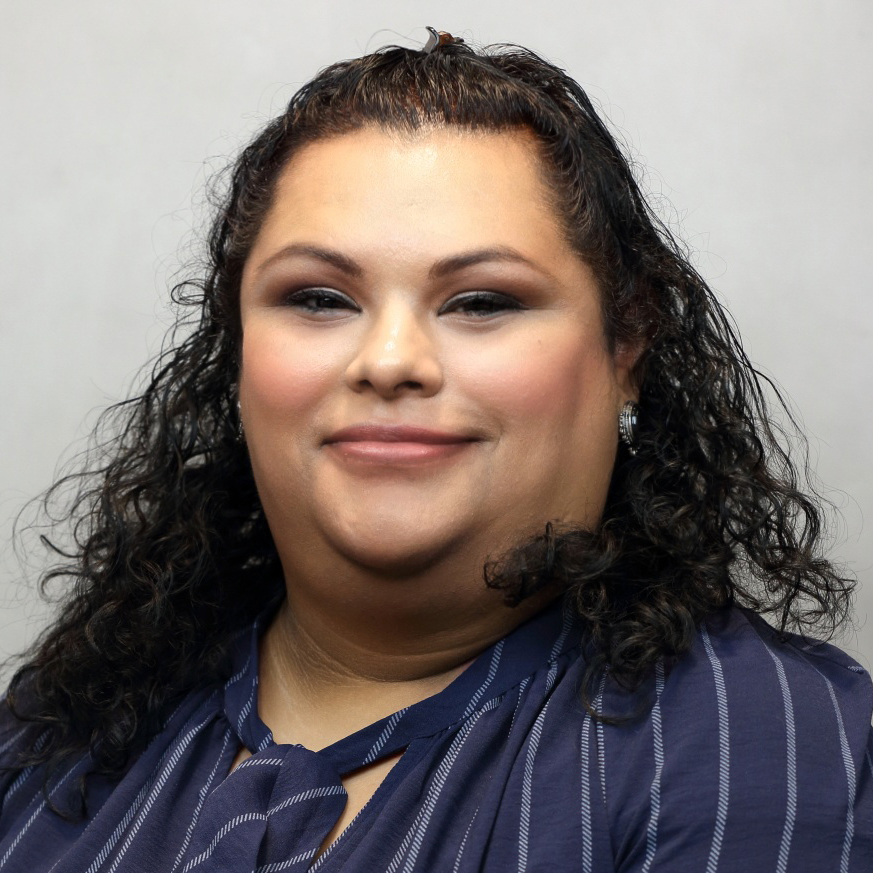Ethics for School Psychologists Virtual - 35434
This session is designed to provide School Psychologists with an overview of ethical considerations and principles essential for professional practice in school settings. Through interactive discussions, we will explore various ethical issues that LSSPs may encounter. You will also learn about ethical decision-making models and strategies for addressing ethical dilemmas in school psychology practice. By the end of the course, you will have a deeper understanding of ethical considerations and practical tools and strategies for navigating ethical challenges in your professional practice. Whether you are a new or experienced LSSP, this course will help you enhance your ethical knowledge and skills to better serve the students, families, and communities with whom you work.
This session is aligned with the Evaluation components of the TEA-required self-assessment.
Audiences
LSSP (Licensed Specialist in School Psychology),
Objectives
Participants will analyze and identify challenges in ethical decision-making in their practice of school psychology.
Session
62806
Fee
Please log in to see fees.
Seats Left
82
T-TESS
4.1,4.3
Registration Deadline
11/11/2025
Credit Type
Continuing Professional Education
Duration
03:00
T-PESS
Presenter
Robin Hudson MA LSSP ESC 11

For assistance contact:
Robin Hudson
Special Ed. Specialist Evaluation
rhudson@esc11.net
(817) 740-3603

For assistance contact:
Sandra Ojeda
SOjeda@esc11.net
Offered Again On
- 11/11/2025 8:30 am
Related Workshops
- Assessing Attention Deficit Hyperactivity Disorder - Virtual
- Contextual Considerations in Autism Evaluations - Virtual
- E3 Symposium: Engage, Evaluate, Elevate: Unlocking Executive Function (In-Person)
- E3 Symposium: Engage, Evaluate, Elevate: Unlocking Executive Function (Virtual)
- Emotional Disabilities in Schools: Assessment and Student Support for Evaluators
- School Psychologist Leadership Collaborative
- Sexual Abuse Awareness Training Program



 Adding session to the cart, please wait...
Adding session to the cart, please wait...